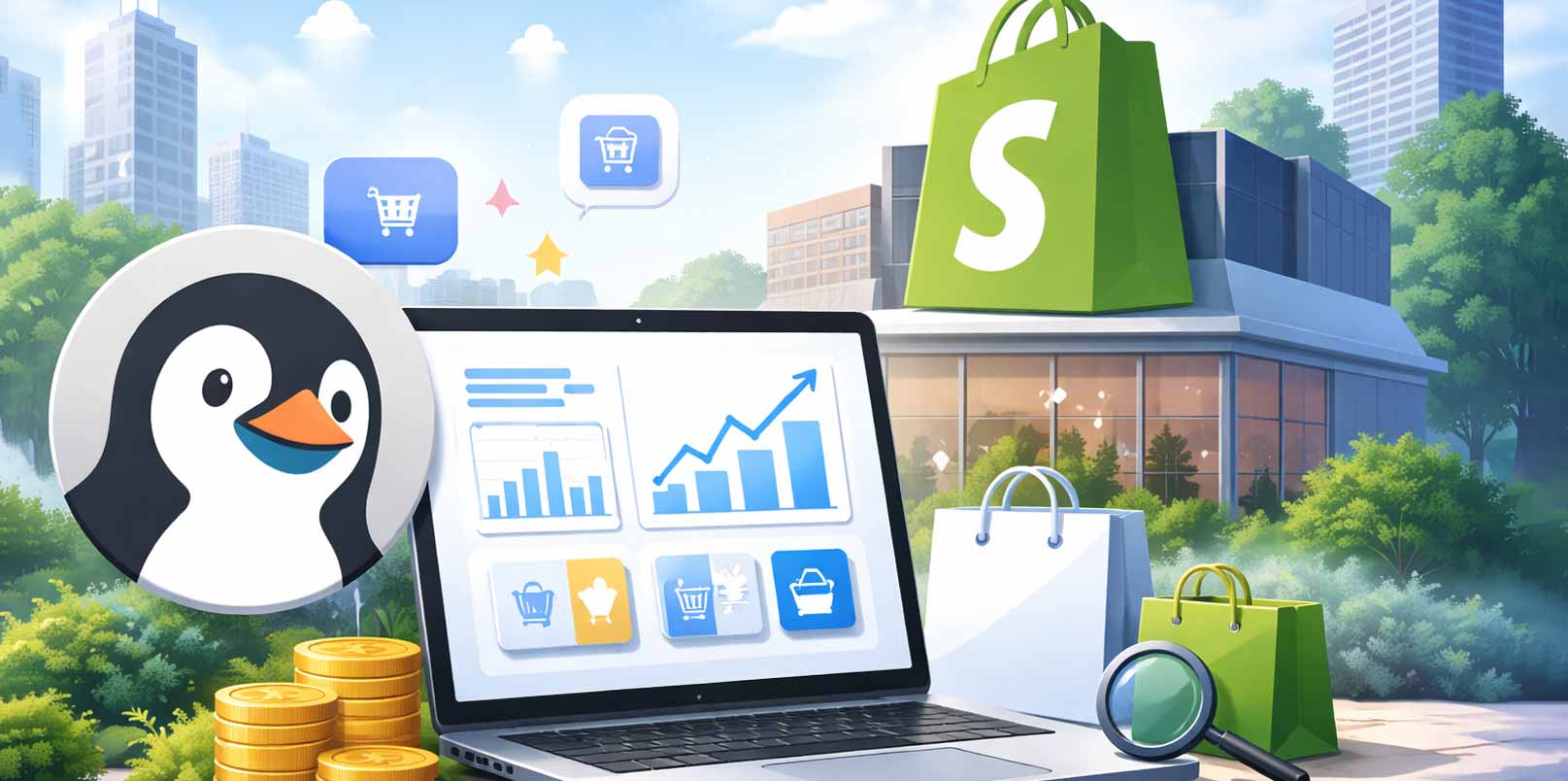Startups are the most popular places to work for Korean job seekers. According to a survey by the leading Korean job search platform JobKorea, over 70 % of job seekers in South Korea want to work in a startup. The reason for choosing startups as the best employers are the industry’s growth potential. In JobKorea’s survey of 1,063 workers and job seekers, 52.9 percent of respondents selected the top reason to work at a startup as the belief in its growth potential.
Those surveyed picked up more than one reason to join a startup: flexible work timing, work-from-home options, employee benefits, and growth opportunities. Thirty-five percent of respondents said working at a startup would provide learning opportunities, 29.5 percent cited the employees’ welfare system at startups as appealing, 27.2 percent chose startups’ horizontal culture, and 19.5 % said good salary levels.
“It appears that workers and job seekers are highly interested in startups with business visions that have high growth potential and an autonomous company culture,” said a JobKorea official. “In particular, there have been startups that offer a unique welfare system reflecting their autonomous culture. The official added that this seems to have positively affected recruiting talented people and keeping them.
The survey also asked workers and job seekers what they would want the most from a company’s welfare system. The most picked answer was “four-day work week,” followed by “flexible working hours” and “working from home.” 29.0% of the respondents selected the ‘four-day-a-week system,’ 26.8% wanted the ‘flexible work system,’ 20.8 % wished for Telecommuting system, Transportation/fuel expenses, 15.9% wanted Education expenses to support for self/children, and 14.3% want Stock option system.
Korean startups offering unique employee benefits
Among startups, many companies are operating ‘4-days a week’ and ‘4.5 days a week’. Woowa Brothers run Baedal Minjok, manage a four-day week system, and athleisure startup Mullado operates a four-day work week system. Viva Republica, which operates the Toss app, and Yeogieo, a lodging app, are having a 4.5-day week. Companies that operate a four-day week system explain that shortening working hours as a way to use working hours efficiently increases the concentration of work.
Some startups operate voluntary commuting and rest systems, such as ‘staggered commuting’ and ‘winter vacation.’ Online luxury commerce ‘Must It’ operates a staggered commuting system so that people can commute to work at a time of their choosing. This is to help employees use their time freely and efficiently. Since the end of last year, Viva Republica has been operating the winter vacation system. It is a system where all employees are closed for ten days before and after Christmas. In addition, the style commerce platform Ably operates a company-wide holiday system from December 25th to January 1st of the following year.
Some startups operate a unique welfare system. Jarvis & Villains, which runs the AI tax service Samcheomsam app, paid two weeks of special leave to all employees in June. After that, it was made possible to work remotely in vacation areas for one week. In addition, the refresh fee, which can be used freely for three weeks, is also provided to increase the employees’ morale.
Game company Pearl Abyss provides housekeeping cleaning support service once a month for single employees. Brandy, a commerce platform company, offers unique welfare benefits to new hires in July this year. It announced that it would operate a life support program that receives benefits by selecting two programs housekeeping, laundry, baby (pet) sitter, and side dish subscription.
Green Labs, a data agriculture startup, operates an internal/external recommendation system. In addition to the in-house recommendation system, which provides compensation when hiring is confirmed by recommending talents by in-house members during recruitment, up to 5 million won in compensation is paid even if you are not a member of the company after a recommendation.
Also Read,
- Korean startups generated jobs in 2020 despite COVID-19 downturn: Ministry of SMEs & Startups on ‘Global Entrepreneurship Academy’ graduation day
- How to find a job, freelance projects in South Korea in 2022?
- Top 3 tools developed by Korean startups that will help employees ‘Work from Home’
- Korea’s top accelerator program K-Startup Grand Challenge 2022 application process ends soon






